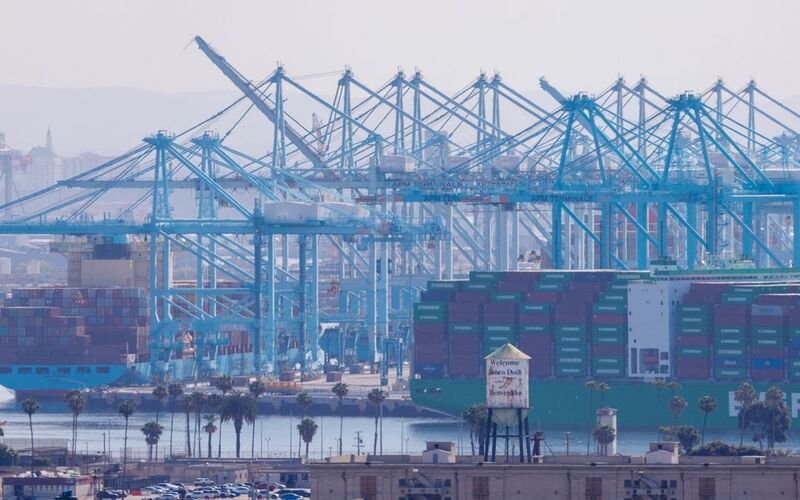The commerce ministry announced on Friday that China would need export licenses for select graphite goods to safeguard national security. This is part of China’s ongoing effort to manage the supply of vital minerals in response to threats to its dominance in the manufacturing industry.
More than 90% of the world’s graphite is refined in China, the largest producer and exporter of the mineral. Graphite anodes, which comprise the negatively charged component of an electric vehicle battery, employ this material almost exclusively.
Beijing is mandating the export licenses when several other nations exert more pressure on Chinese businesses on their business practices. The European Union is considering imposing tariffs on electric vehicles produced in China because it claims they get unfair subsidies. Additionally, the U.S. government increased restrictions on Chinese firms’ access to semiconductors earlier this week, halting sales of Nvidia’s more sophisticated artificial intelligence processors,
The ministry stated that the decision was “conducive to ensuring the security and stability of the global supply chain and industrial chain, and conducive to better safeguarding national security and interests.”
It further stated that no one nation was its objective. According to data from Chinese customs, the top countries importing graphite from China are Japan, the US, India, and South Korea.
As a result of the new regulations, China will start requiring exporters to apply for licenses as of December 1 to transport two types of graphite: natural flake graphite and its products, as well as synthetic material that is very pure, hard and intense. According to the trade ministry, the new list includes three categories of “highly sensitive” graphite products previously subject to interim bans.
Meanwhile, the interim restrictions on five less sensitive graphite products used in fundamental sectors, including steel, metallurgy, and chemicals, were dropped.
According to Chang Ke, an expert at consultancy Mysteel, the new rules would safeguard the local supply of graphite for military usage, such as in the aircraft industry and domestic battery production. Automakers are scrambling to get supply from outside China due to soaring sales of electric vehicles, but shortages are imminent. “It’s a restriction on EV material flowing out as many new energy companies are increasingly building up more plants overseas,” Chang stated.
Following the announcement, shares of Chinese battery and new energy vehicle manufacturers increased.
IDENTICAL CURBS
The limitations are comparable to those for two chip-making metals, germanium, and gallium, that have been in effect since August 1. The limitations lately reduced China’s shipments of those metals and increased metal prices elsewhere.
According to analysts, the short-term impact of the new regulations on graphite is unclear. Ivan Lam, a senior analyst at Counterpoint Research, said: “This control is not a complete ban, and there has been no significant impact on any industry during the previous temporary control.”
According to Mysteel, prices for natural flake graphite were 3,950 yuan ($539.62) per metric ton this week, down 25.5% from the start of this year due to a drop in demand from the EV industry. Lam from Counterpoint, however, argued that graphite prices will probably increase.
“We believe that the average price of graphite will continue to rise in the future due to supply and demand imbalances, including Russia, which was one of the major graphite suppliers before the Russia-Ukraine war,” he stated.
China has increased the production of synthetic graphite from 2021 after reducing natural graphite mining in recent years to safeguard the environment. According to Mysteel, 70% of China’s output is currently synthetic.










































Comment Template